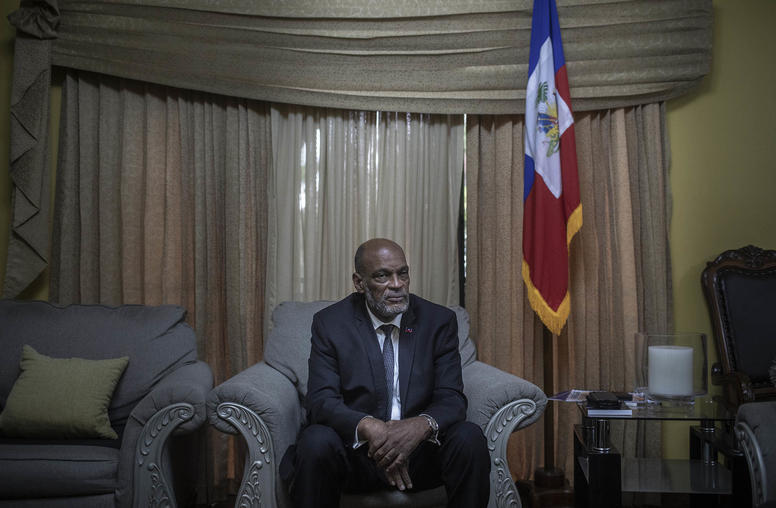Nicolás Devia-Valbuena
Contact
Please submit all media inquiries to interviews@usip.org or call 202.429.3869.
For all other inquiries, please call 202.457.1700
Nicolás Devia-Valbuena is a regional program specialist with USIP’s Latin America program.
Devia-Valbuena joined USIP after previous experiences with the Washington Office on Latin America, ProMexico, and the Organization of American States.
Devia-Valbuena specializes in conflict resolution and stabilization in Latin America, focusing on the countries of Northern Central America (Guatemala, Honduras and El Salvador), Haiti, Colombia, Bolivia and Venezuela. His work involves analyzing the relationship between fragile institutions, violence and conflict. His research interests include negotiations, citizen participation in peace processes, strategic studies, culture of lawfulness, and citizen security.
Devia-Valbuena has a master’s degree in security policy studies with concentrations in conflict resolution and transnational security from the George Washington University’s Elliott School of International Affairs. He also holds a bachelor’s degree in international relations from Universidad del Rosario in Bogotá, Colombia. He is fluent in Spanish, French and English.


